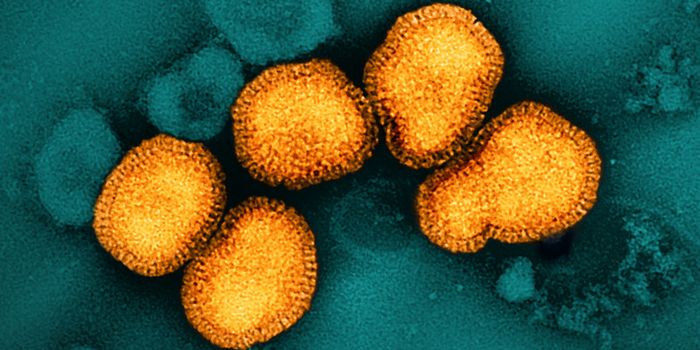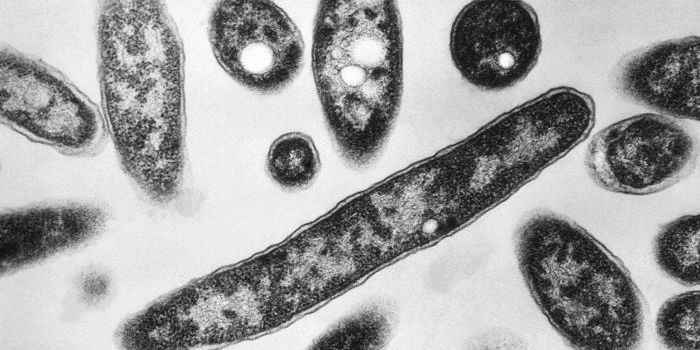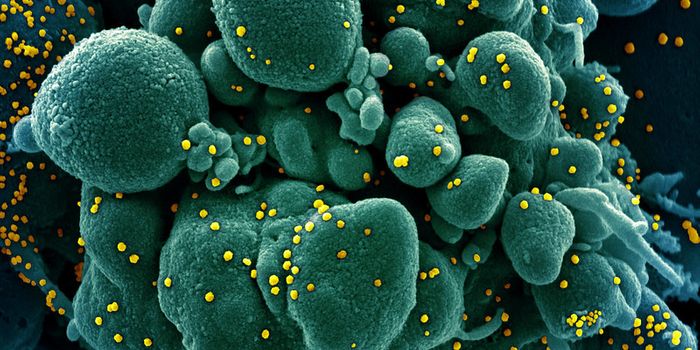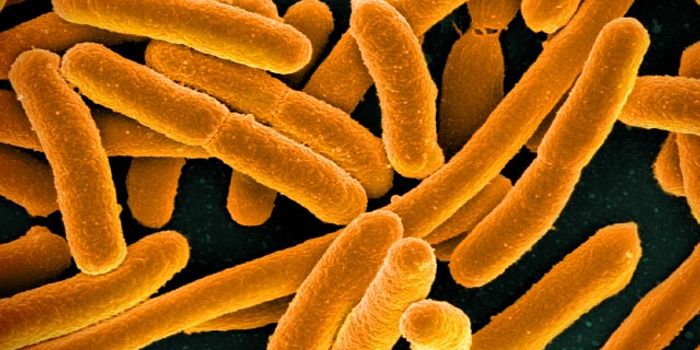Malaria vaccines have been largely unsuccessful because the body produces a poor antibody response to the parasite. Recently, however, researchers at the Walter and Eliza Hall Institute in Australia discovered how the malaria parasite “sabotages” this immune response.
Malaria is caused by any of five species of protozoan parasites in the genus
Plasmodium which are sprea by the
Anopheles mosquito. It is most common in tropical and subtropical regions near the equator and causes fever, fatigue, anemia, kidney failure, coma, and even death. With more than 250 million cases per year, malaria is a serious global health threat and children are particularly susceptible because their immune systems are not fully developed.
According to study author Diana Hansen, “with many infections, a single exposure to the pathogen is enough to induce production of antibodies that will protect you for the rest of your life ... however with malaria it can take up to 20 years for someone to build up sufficient immunity to be protected. During that time people exposed to malaria are susceptible to reinfection and become sick many times, as well as spreading the disease”.
During a typical infection,
helper T cells communicate with
B cells, instructing them to produce antibodies. Hansen and colleagues found that, in the case of malaria, antibodies are slow to develop because T cell development is hindered by factors such as
TNF,
IFN-?, and
T-bet. Blocking any of these factors restored the antibody response to malaria infection in mice.
These findings should bolster malaria vaccine development. “Until now, malaria vaccines have had disappointing results”, says Hansen. “We can now see a way of improving these responses, by tailoring or augmenting the vaccine to boost development of helper T cells that will enable the body to make protective antibodies that target the malaria parasites”.
Sources:
Cell Reports,
Eurekalert, Wikipedia









